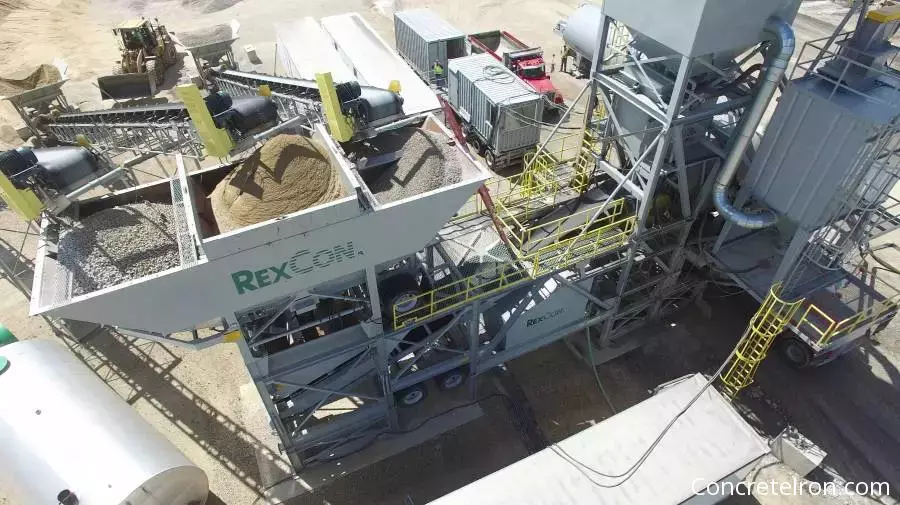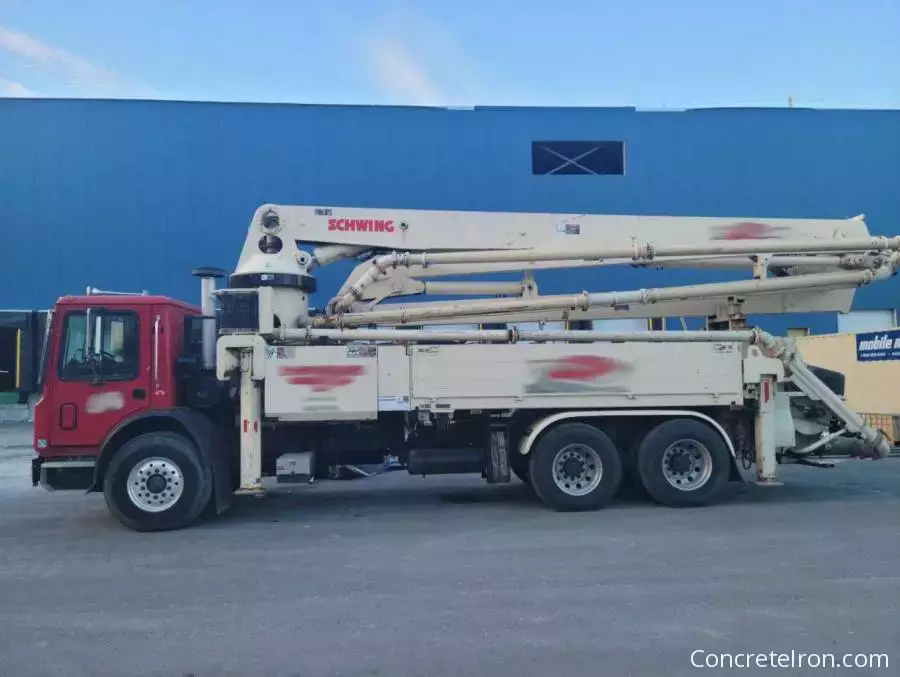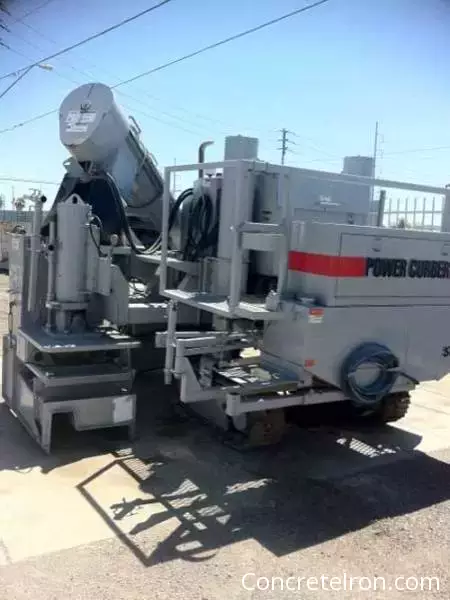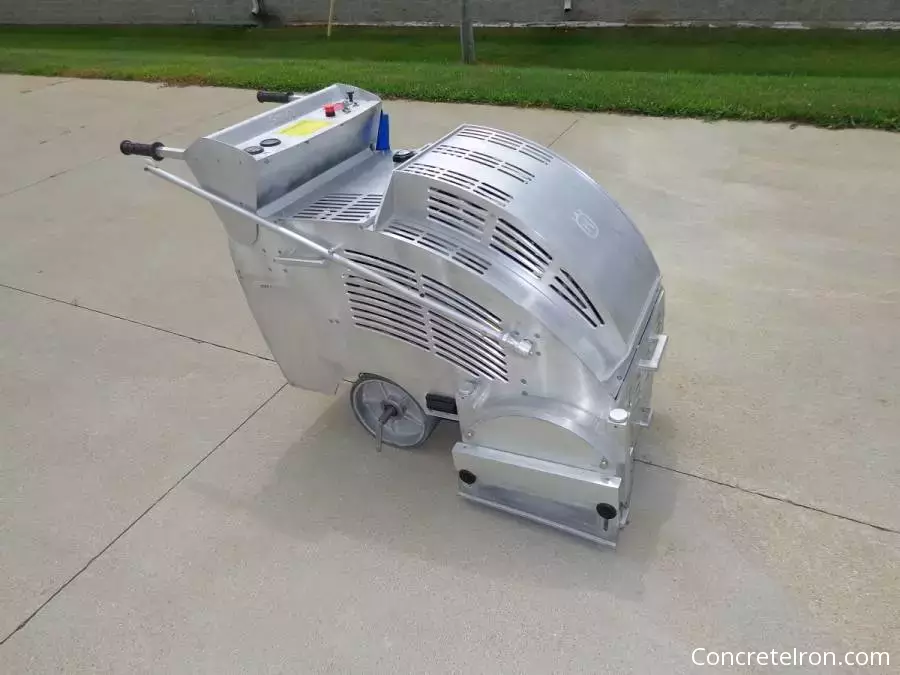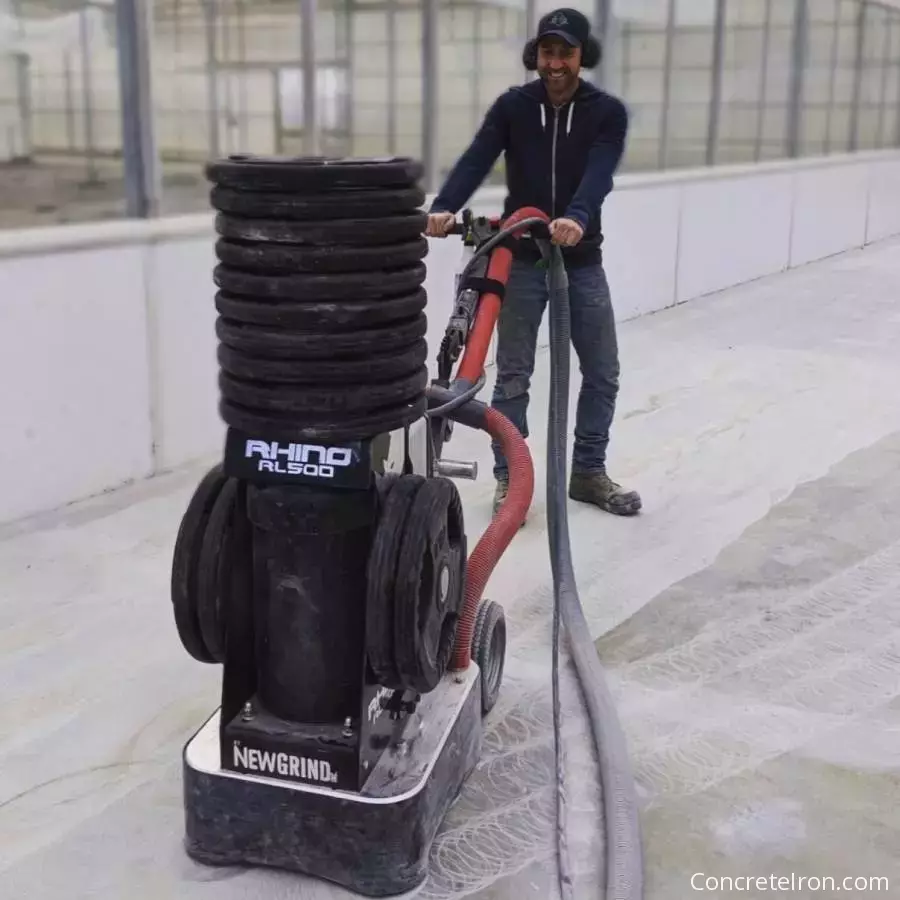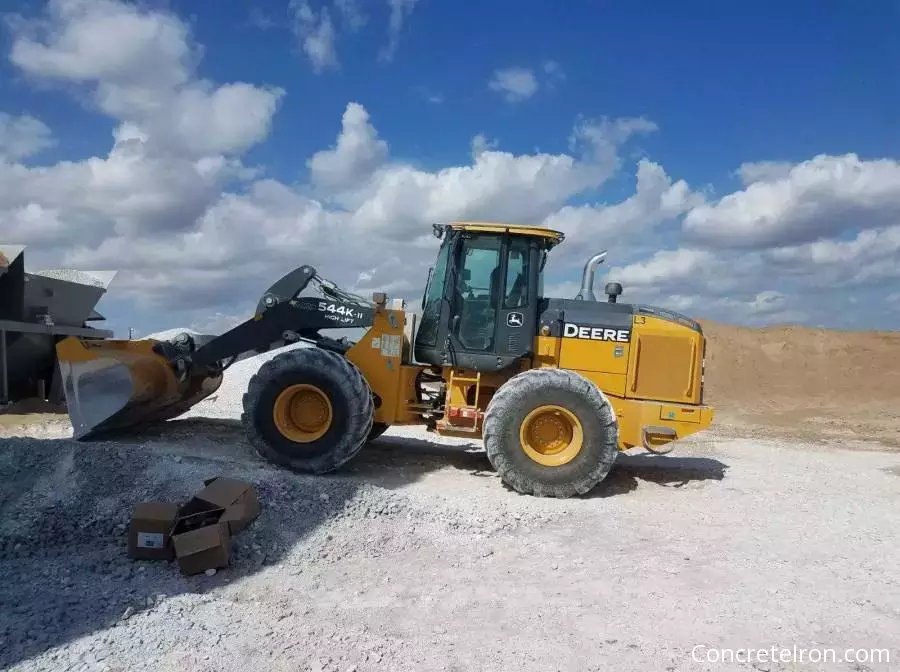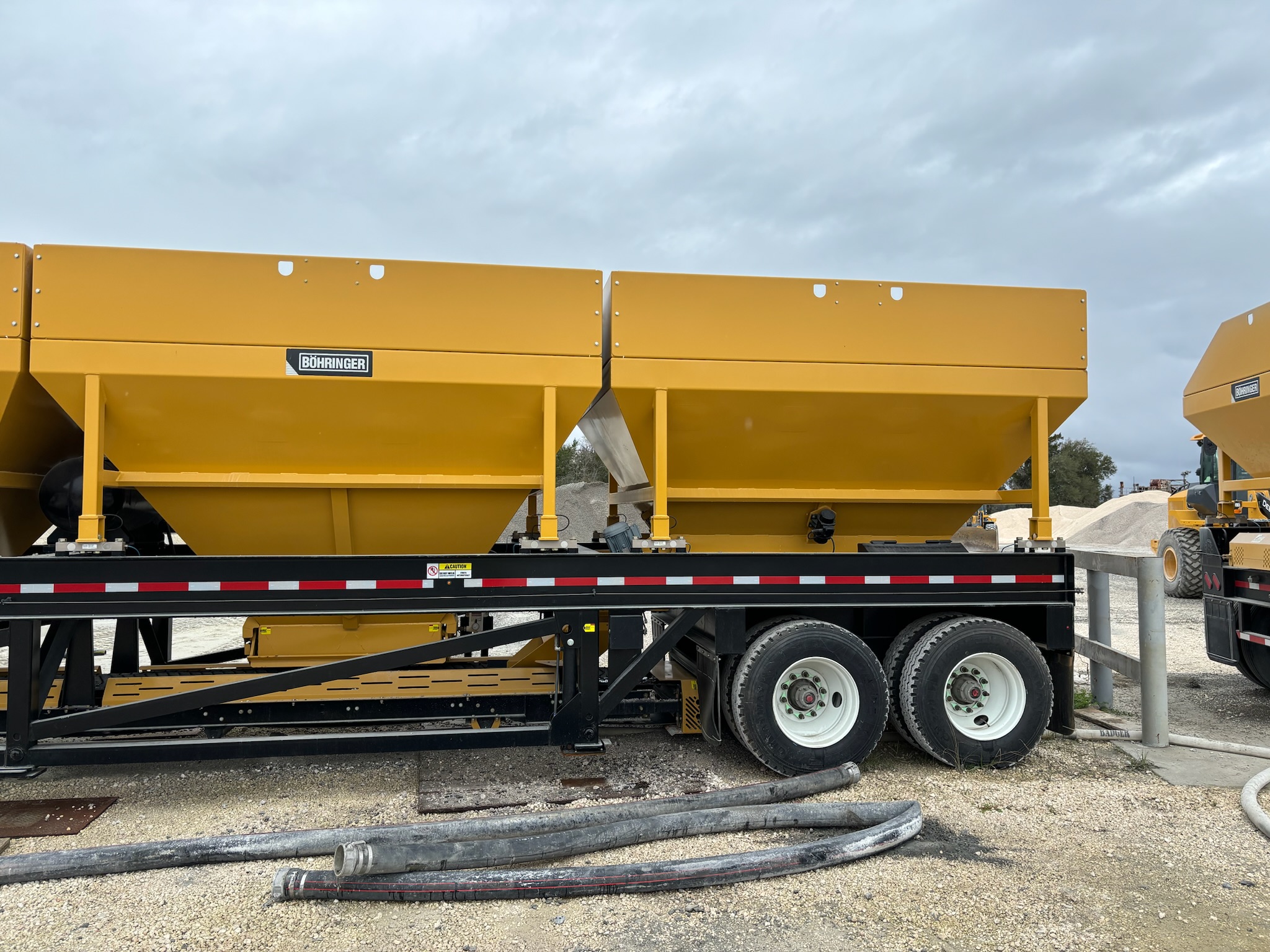
What Considerations Should I Keep in Mind When Buying or Selling Concrete Machinery?
Whether you’re looking to buy or sell concrete equipment, it’s crucial to consider various factors to ensure optimal performance and value. From equipment specifications to market trends, each aspect plays a vital role in making informed decisions. Continue reading to learn about the key considerations when buying or selling concrete machinery.
Equipment Type and Specifications
Identifying the specific type of concrete machinery required is the first step in the purchasing or selling process. Understanding the equipment’s size, capacity, and features is essential to know whether you’re in the market for mixers, pumps, or batch plants.
Condition and Maintenance History
Assessing the condition of the machinery is paramount, regardless of whether you’re buying or selling. Do a thorough review of all maintenance records to better understand the equipment’s maintenance history, reliability, and potential future performance.
Performance and Efficiency
Ensuring optimal performance and efficiency in concrete machinery benefits both buyers and sellers. Buyers can maximize productivity and minimize operational costs, while sellers can differentiate their offerings and attract environmentally conscious customers. By prioritizing performance and efficiency considerations, you can gain success in the concrete machinery market.
Output Capacity
Assessing the machinery’s output capacity is crucial to ensure it meets the production demands of the project.
Mixing Quality
The quality of concrete mixing directly impacts the structural integrity and durability of the final product. Take a close look at machinery specifications related to mixing efficiency, consistency, and homogeneity.
Operational Speed
Efficiency in concrete production relies on the machinery’s operational speed. Sellers should highlight features that enhance operational efficiency, such as rapid mixing or pumping capabilities, to attract buyers seeking high-performance equipment.
Energy Consumption
Energy-efficient machinery can significantly reduce operational costs and environmental impact. Buyers often look for equipment with energy-saving features, such as variable-speed motors or automatic shutdown systems.
Emissions Reduction
Sellers can differentiate their offerings by highlighting concrete machinery with low-emission technologies, such as cleaner-burning engines or exhaust filtration systems to appeal to environmentally conscious buyers.
Financial Considerations
Determining budget constraints and comparing prices of similar items will help you as a seller to better determine both upfront costs and long-term operational expenses. Doing this allows you to narrow down the optimal price range of the equipment you’re trying to sell.
Market Demand and Trends
Understanding current market demands and trends is crucial for both buyers and sellers so they can make informed decisions that align with market dynamics. Here’s a deeper exploration of this critical aspect:
Product Preferences
Examining which types of concrete machinery are in high demand can help you know what you should have in your inventory as a seller.
Technological Advancements
Monitoring advancements in concrete machinery technology allows you to identify emerging trends and innovations such as automation and digitalization in batching plants.
Market Dynamics
Analyzing factors such as construction activity levels, infrastructure projects, and economic trends allows you to anticipate fluctuations in demand.
Sustainability Initiatives
With increasing emphasis on sustainable construction practices, environmentally friendly concrete machinery with features such as energy efficiency will be the ones buyers will want to purchase first.
Digital Transformation
The adoption of digital technologies is reshaping the concrete machinery landscape. As a seller, you may need to adapt by offering smart equipment solutions that provide real-time monitoring, predictive maintenance, and remote operation capabilities.
Modular and Flexible Solutions
There’s also an increased demand for modular and flexible concrete machinery solutions. Buyers often want equipment that can easily adapt to changing project requirements and scale up or down as needed.
Staying attuned to market dynamics is essential for success in the concrete machinery market. By actively monitoring market demands and trends, you can position yourself as a seller to capitalize on emerging trends.
Transportation and Logistics
Planning for transportation and logistics is crucial, especially for large-scale equipment that is being sold. Considering shipping costs, permits, and logistics arrangements helps streamline the process of moving concrete machinery to its intended location.
Inspection and Due Diligence
Conducting thorough inspections ensures the equipment’s condition and functionality meet a buyer’s expectations. Investing time and resources in inspections upfront can prevent costly surprises later on.
Negotiation and Documentation
Negotiating terms and conditions with the other party and documenting agreements in a legally binding contract are crucial steps in the buying or selling process. Prioritizing clarity and transparency fosters positive business relationships and minimizes disputes.
Navigating the concrete machinery market requires careful consideration of numerous factors, including the equipment specs, maintenance history, market demands, and more. After conducting thorough research, buyers and sellers can make informed decisions that optimize a concrete machinery’s performance, reliability, and value in the market.
Now that you know the key considerations for buying or selling concrete machinery, you can confidently navigate the complexities of the market as a buyer or seller. If you’re looking for a platform to buy or sell concrete equipment, you’ve come to the right place. Click here to look at our current listings or sign up for a seller account.

